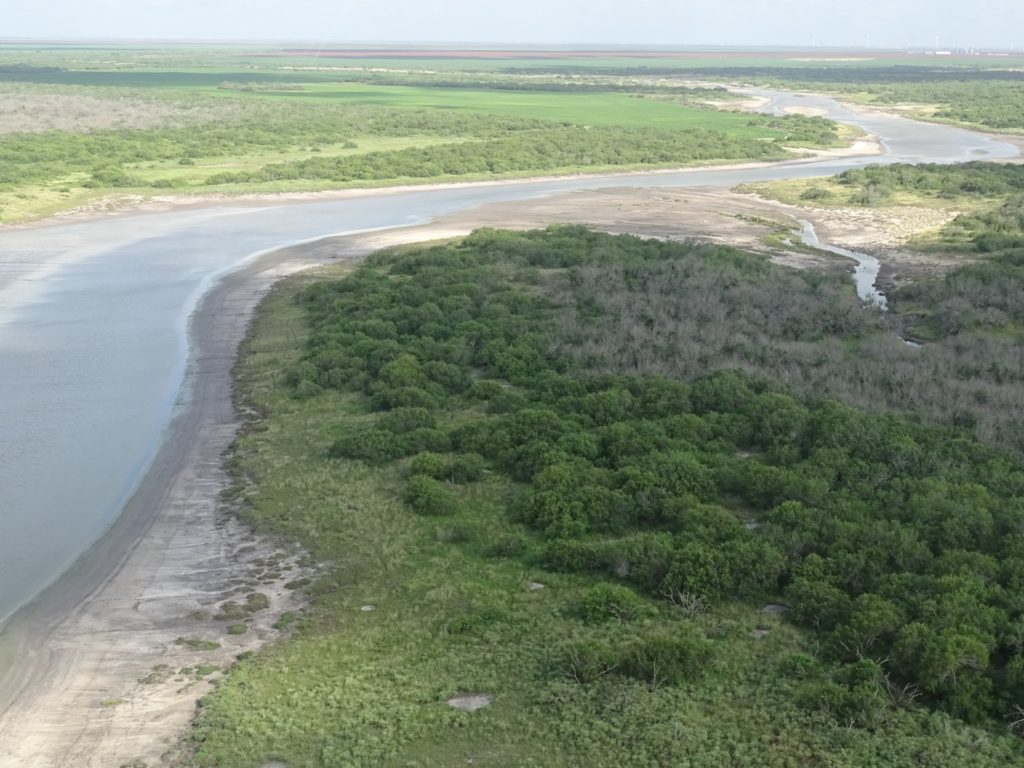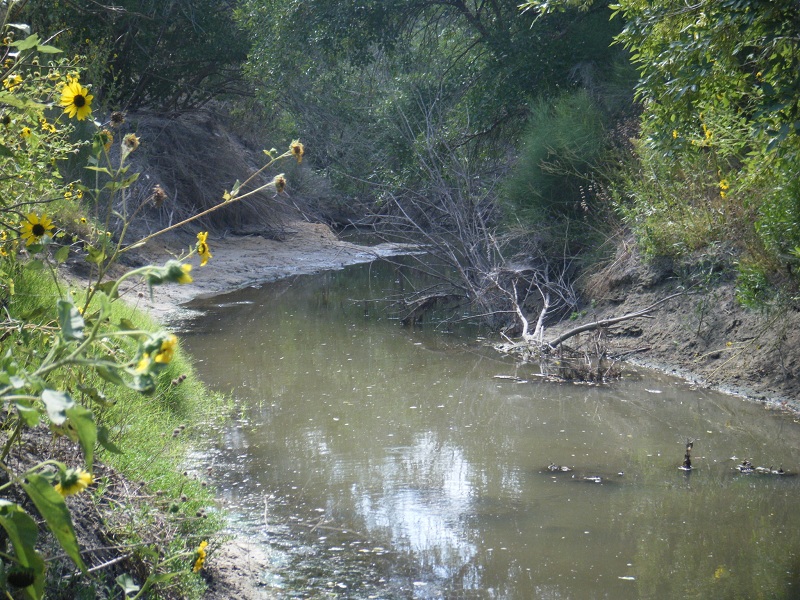New watershed protection planning effort for Baffin Bay area underway
Texas Water Resources Institute to lead team developing plan for Petronila, San Fernando creeks
A team led by the Texas Water Resources Institute, or TWRI, has received funding for the development of a watershed protection plan to address water quality impairments in Petronila and San Fernando creeks, two main tributaries of Baffin Bay.
The TWRI is a unit of Texas A&M AgriLife Research, the Texas A&M AgriLife Extension Service and the College of Agriculture and Life Sciences at Texas A&M.
Lucas Gregory, Ph.D., TWRI senior research scientist in Bryan-College Station, said the project stems from the local desire to protect and improve water quality in Baffin Bay and keep its ecosystem healthy and productive.
“To address issues in the bay, you have to look to the watershed,” he said. “Petronila and San Fernando creeks provide the bulk of water inflow to Baffin Bay, and developing a plan that outlines voluntary management strategies to reduce water contaminants coming from those watersheds is the focus of this project.”
Petronila and San Fernando creeks have been identified as having too much bacteria in them to meet Texas’ water quality standards for contact recreation. The creeks also have elevated chlorophyll-a, an indicator of excess nutrients in water.
Other team members include the Coastal Bend Bays and Estuaries Program, the Nueces River Authority, Texas Sea Grant and the Harte Research Institute for Gulf of Mexico Studies at Texas A&M University – Corpus Christi.
Funding for the project has been provided from the Texas State Soil and Water Conservation Board through their State Nonpoint Source Grant Program in order to lead local watershed stakeholders through the watershed protection planning process.
Clare Escamilla, TWRI research associate in San Antonio, said the project’s intent is to work with existing local groups such as the Baffin Bay Stakeholders Group and those engaged in the Baffin Bay early watershed planning efforts as well as others to develop a locally driven plan that outlines strategies to protect and restore water quality.
“Getting local involvement from interested individuals and developing a voluntary plan of action is the first step to successfully improving and protecting water quality,” she said. “Our role is to facilitate this involvement and ensure that a functional and effective plan is produced.”
Information about future meetings, watershed plan components and other project details will be posted there as the project develops. Anyone interested in learning more about the project or getting involved in the planning process is encouraged to visit the project website and fill out the brief form to subscribe to get email updates.
Watershed plan development meetings are anticipated to begin in early 2021. The project team is currently gathering information and preparing for future meetings. Until then, periodic updates will be sent out to stakeholders who have signed up to stay informed about the project.




